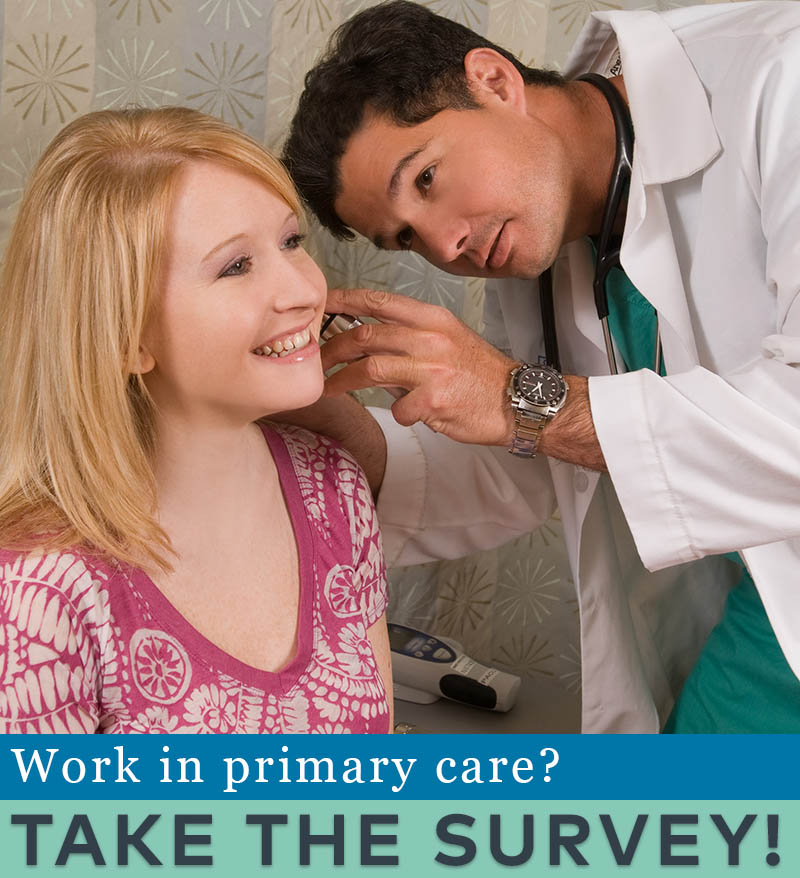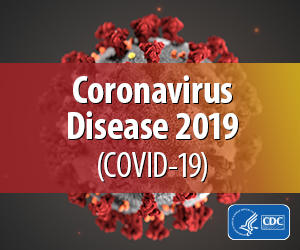You are looking at an archived version of our site. Please visit thepcc.org for a fresh, new experience!
You are here: Array » Primary Care & COV ...
Primary Care & COVID-19: Round 30 Survey
Check back regularly for the latest survey results and updates.
For data from the previous clinician survey, see Round 29 Results.
The Primary Care Collaborative is partnering with the Larry A. Green Center to regularly survey primary care clinicians and patients to better understand the impact of COVID-19 in real time.
Who replied to the survey in round 30?
1,263 respondents from 49 states, Washington, D.C., and 2 territories.
Specialty: 72% family medicine, 5% pediatrics, 13% internal medicine, 3% geriatrics, 7% other
Clinician type: 69% MD, 8% DO, 13% NP, 3% PA, 7% other
Settings: 26% CHCs or similar; 23% rural, 18% residencies
Practice size: 26% had 1-3 clinicians, 43% had 10+ clinicians
Ownership: 26% self-owned, 43% system-owned, 6% government, and 3% membership-based.
Round 30 of the clinician survey was fielded August 13-17, 2021.
Results at a glance
This round of the COVID-19 survey of primary care clinicians was fielded as the country was experiencing a growing surge of COVID cases from the delta variant and the mass effort to vaccinate Americans continued. More cases of COVID meant heavy demand on the health system for medical care while also creating a behavioral health burden among patients and stress on clinicians and practices.
- Clinicians noted worrisome trends among their patients: Nearly two in three (65%) had seen an increase in mental health issues among children (e.g., depression, anxiety, ADHD). 59% had fully vaccinated patients who were getting COVID-19. And 58% were unsure how to help their patients with long-haul COVID-19.
- The toll of the surge looms: Two out of three (67%) clinicians reported a moderate or slightly high (3 or 4 on a 5-point scale) level of strain in their practices in the month before the survey from COVID-19-related changes and pressures in their practice. However, some had looming worries: One in two (50%) clinicians said COVID-19 was again surging in their area and they didn’t know if they could take it, and 53% said the poor mental health of their staff was a constant worry.
- The pressures of providing care in the pandemic are growing: 71% said patient visits were more complex and took more time as a result of the pandemic, 54% said they were unable to hire staff for open positions in their practice, and 45% said they personally knew primary care clinicians who had retired early or left practice because of the pandemic. However, almost two in three (64%) said using telehealth had been essential to maintaining access for their patients.
- Addressing vaccine hesitancy takes effort: More than half (52%) of clinicians said two to three conversations were needed to change the mind of vaccine-hesitant patients. More than half (57%) said it was harder to change the minds of vaccine-hesitant patients who were new to them. And more than two-thirds (67%) said that for most of their vaccine-hesitant patients, it’s a gut or political opinion that cannot be changed.
- For those who wanted to be vaccinated, demand is fairly solid: 59% of clinicians said they had patients who were asking for a third vaccine shot/booster, about one in three (34%) said they had found more patients requesting the vaccine because of fear of the delta variant, and more than half (51%) said their practice had received an adequate supply of vaccines for their patients. However, less than a third (31%) said vaccinating patients was common in their practice – part of routine care.
Learn more: Download the Round 30 Clinician Survey Executive Summary (includes select open-ended answers to survey questions)
| Attachment | Size |
|---|---|
| 714.18 KB |

Are you a physician, nurse practitioner, or PA working in primary care?
Help PCC and the Larry A. Green Center track how your practice is responding to the COVID-19 outbreak by completing the Green Center's occasional survey.
The regular surveys are no longer being conducted.
COVID-19 Updates
May 9, 2022 | Primary Care Collaborative
April 19, 2022 | Primary Care Collaborative
April 19, 2022 | Primary Care Collaborative
March 7, 2022 | STAT
February 27, 2022
- 1 of 39
- next ›

Recent News
August 16, 2024
August 12, 2024
July 16, 2024
May webinar highlights: “The Commercial Market: Alternative Payment Models for Primary Care” Nate Murray explains w… https://t.co/KX9Wi2w6oY —
2 years 8 months ago
@CMSinnovates’ primary care strategy is rooted in a 2021 @theNASEM’s report which called #primarycare “foundational… https://t.co/glbPxvCysg —
2 years 8 months ago
@CMSinnovates has a new #primarycare strategy, envisioning “ACO-based primary care model tests that may focus on pr… https://t.co/aJGF1z411l —
2 years 8 months ago
- Page 1
- ››
Secondary menu
Copyright © 2024 Primary Care Collaborative




